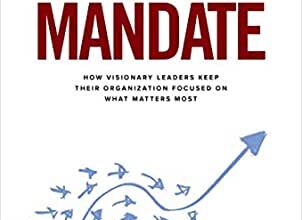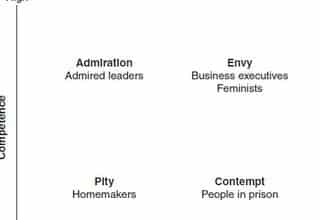Recently, I’ve been thinking about trauma. There seems to be a lot of it and no one can say when we’ll near the end. As a result, many of us, me included, have fallen into a near constant state of angst, despair, and anxiety. It is the perfect recipe for post-traumatic stress…if we can get to the “post.” But what if there was another way? A more constructive way?
I am not going to try to convince you to ‘look on the bright side,’ put on a happy face and hope for the best. Unearned optimism feels like a foolish, naive gesture and you are neither foolish nor naïve. Instead, maybe we can avert post-traumatic stress by focusing on post-traumatic growth.
Post-traumatic growth is a positive psychological shift in thinking that stems from adversity. It’s a way to adjust our mindset to challenging, stressful situations through meaningful change. According to some researchers, when an individual is experiencing a stressful situation, they tend to either integrate the traumatic experience into their current belief system or they modify their beliefs based on their experiences.However, if the individual can both accommodate the trauma-related information in a positive way and assimilate prior beliefs, psychological growth can occur.
Someone may call post-traumatic growth a form of resilience. They are not wrong, but they may be shortsighted. Resilience is about persevering to fight your way back to the pre-trauma norm. It is hard and valiant, but why settle for how things use to be? If you learn from the trauma, you can thrive. Thriving includes not only resiliency, but also fighting your way to a quality of life that is better than before.
Friedrich Nietzsche wrote the often-quoted adage, “what does not kill me makes me stronger.” Poignant, inspiring, and so true. Just keep in mind that Nietzsche’s full quote should read, “what does not kill me makes me stronger if I put in the work.” Otherwise, it is just hopeful thinking, and that brings us back to foolish, naive gestures. No, post-traumatic growth takes effort. This can include:
Finding a support system. There are mounds of research indicating that social support is a requirement to facilitate thriving. It provides the solid base of security needed for development and risk taking, builds competences, and leads to improved adaptive tendencies.
Get organized. Individuals who aspire to standards and orderliness are more likely to develop posttraumatic growth. This can be as simple as physically cleaning your workspace or the more challenging task of creating and maintaining a daily routine.
Remain open to differing points of view. Openness leads to curiosity, new experiences, and emotional responsive to surroundings. If you can master this, you’ll be more prepared to readily reconsider beliefs and values following a traumatic event.
Inject more positivity in your life. Limit interactions with the negative people in your life, those who would rather commiserate on the bad stuff that build you up. You may also want to stop watching so much news and social media. Continue to stay up-to-date, but resect the clear line between remaining informed and becoming immersed.
Don’t you know I’m still standing better than I ever did
Looking like a true survivor, feeling like a little kid
I’m still standing after all this time
Picking up the pieces of my life without you on my mind
When Elton John sang this, he said better, not the same. He was talking about thriving. And don’t we need more of that today? We could crumble with all that is going on right now, or we can accommodate the stream of negative information, assimilate our prior beliefs, and be better than before. It is worth a shot, isn’t it?








